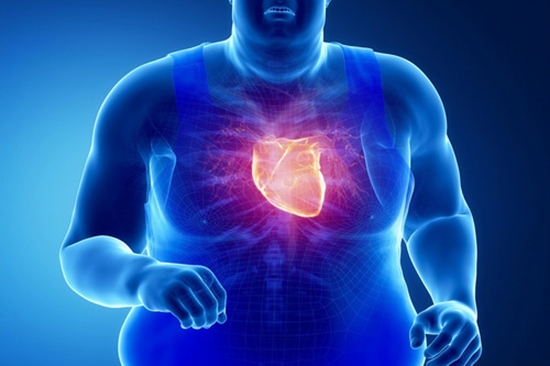Effects of probiotics on body adiposity and cardiovascular risk markers in individuals with overweight and obesity: A systematic review and meta-analysis of randomized controlled trials
Evidence suggests that gut microbiota is a potential factor in the pathophysiology of both obesity and related metabolic disorders. While individual randomized controlled trials (RCTs) have evaluated the effects of probiotics on adiposity and cardiovascular disease (CVD) risk factors in subjects with overweight and obesity, the results are inconsistent. Thus, this systematic review and meta-analysis aimed to evaluate the effects of probiotic supplementation on body weight, body adiposity and CVD risk markers in overweight and obese subjects.

Background & aims: Evidence suggests that gut microbiota is a potential factor in the pathophysiology of both obesity and related metabolic disorders. While individual randomized controlled trials (RCTs) have evaluated the effects of probiotics on adiposity and cardiovascular disease (CVD) risk factors in subjects with overweight and obesity, the results are inconsistent. Thus, this systematic review and meta-analysis aimed to evaluate the effects of probiotic supplementation on body weight, body adiposity and CVD risk markers in overweight and obese subjects.
Methods: A systematic search for RCTs published up to December 2020 was conducted in MEDLINE (via PubMed), EMBASE, Scopus and LILACS. Meta-analysis using a random-effects model was chosen to analyze the impact of combined trials.
Results: Twenty-six RCTs (n = 1720) were included. Data pooling showed a significant effect of probiotics in reducing body weight (MD:-0.70 kg; 95%CI:-1.04,-0.35 kg; P < 0.0001), body mass index (BMI) (MD:-0.24 kg/m2; 95%CI:-0.35,-0.12 kg/m2; P = 0.0001), waist circumference (WC) (MD:-1.13 cm; 95%CI:-1.54,-0.73 cm; P < 0.0001), fat mass (MD:-0.71 kg; 95%CI:-1.10,-0.32 kg; P = 0.0004), tumor necrosis factor-α (MD:-0.16 pg/ml; 95%CI:-0.24,-0.08 pg/ml; P = 0.0001), insulin (MD:-0.85mcU/ml; 95%CI:-1.50,-0.21mcU/ml; P = 0.010), total cholesterol (MD:-0.16 mmol/l; 95%CI:-0.26,-0.05 mmol/l; P = 0.003) and LDL (MD:-0.09 mmol/l; 95%CI:-0.16,-0.03 mmol/l; P = 0.006) compared with control groups. There was a significant decrease in body weight, BMI and WC in studies using both single and multi-bacterial species. Decreases in body adiposity parameters were only observed in studies using a probiotic dose of ≥ 1010 CFU and for ≥8 weeks duration.
Conclusions: The present meta-analysis suggests that probiotics consumption may be helpful for improving body weight, body adiposity and some CVD risk markers in individuals with overweight and obesity. The review was registered on PROSPERO (International prospective register of systematic reviews): CRD42020183136.
Keywords: Adiposity; Cardiovascular diseases; Microbiota; Obesity; Overweight; Probiotics.




comment